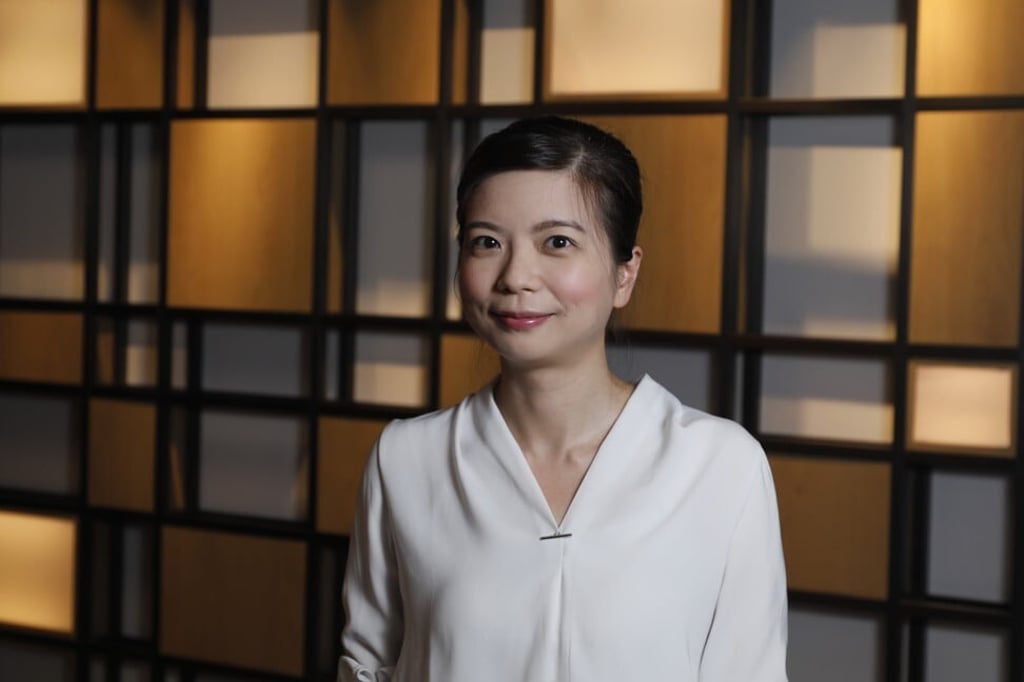How Hong Kong’s incubation support helps innovative young entrepreneurs develop successful start-ups
- Dr Choi Pui-wah’s company, WomenX Biotech, uses HKSTP’s expertise to develop her idea for blood test that detects cervical cancer
- Ivy Tse, co-founder of FreightAmigo, says programme enhances business expertise and introduces enrolled companies to investors

[Sponsored article]
Scientist Dr Choi Pui-wah used her background in biomedical research to help her devise a new method for monitoring women’s health. Her non-invasive blood test can detect human papillomavirus, a viral infection that can lead to cervical cancer.
Choi says her idea to test menstrual blood for signs of the cancer offers a simple alternative to the only other available option, the pap-smear – involving the collection of cells from the cervix – which women often find invasive and uncomfortable.

“I wanted to develop something that can monitor women’s health, while simultaneously being easy and accessible for all,” says Choi, who founded a biotechnology start-up in Hong Kong, WomenX Biotech in 2019. “I want to make a positive impact in their lives.”
Her innovative test uses biotechnology that allows women to be screened on a monthly basis, which reduces both the cost and stress associated with regular visits to see the doctor.
“More than 50 per cent of women actually don’t carry out the pap smear every year because of some psychological pressure or embarrassment,” she says. “But with our technology, we hope that more and more women will be more willing to carry out this kind of detection.”